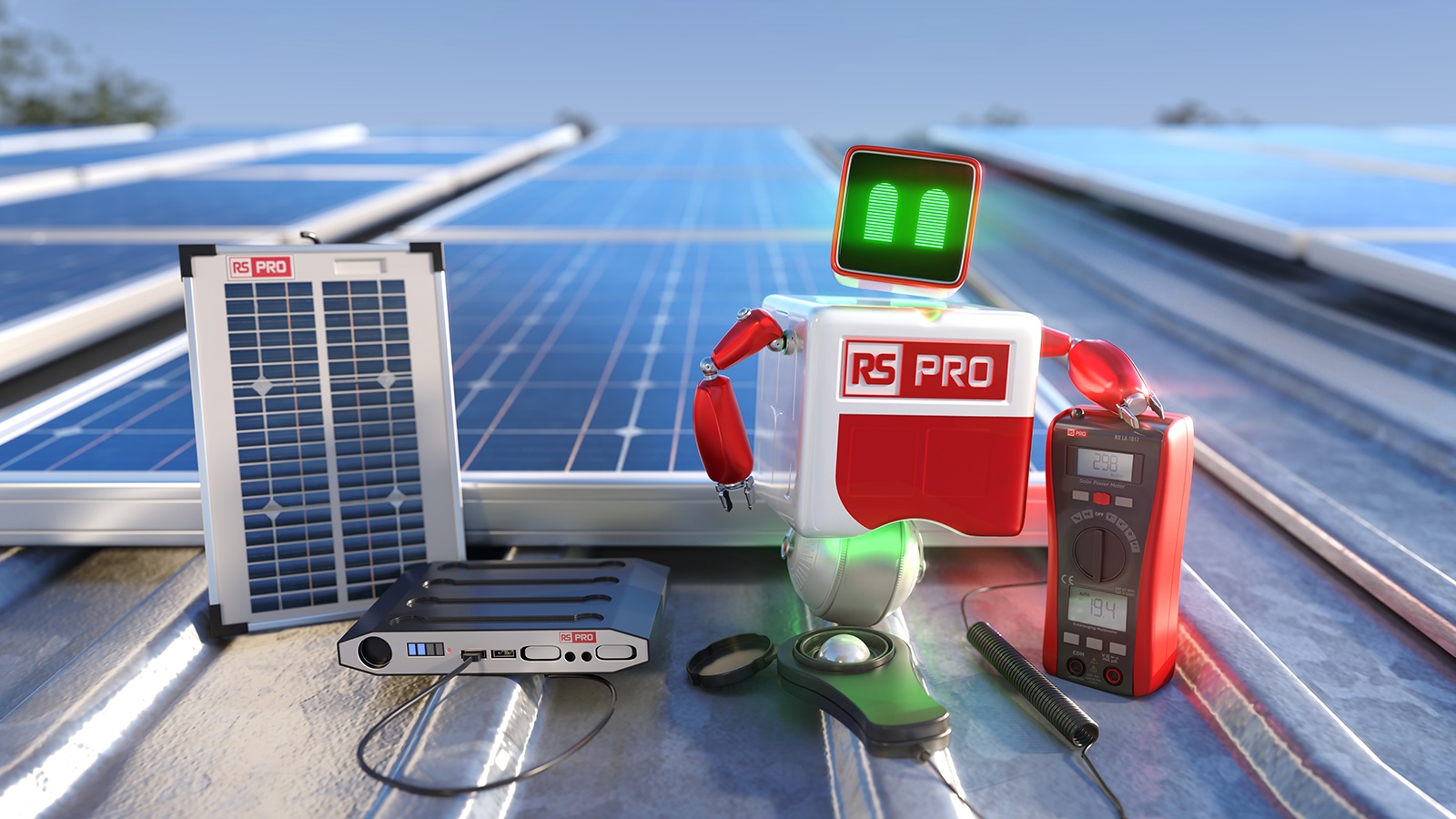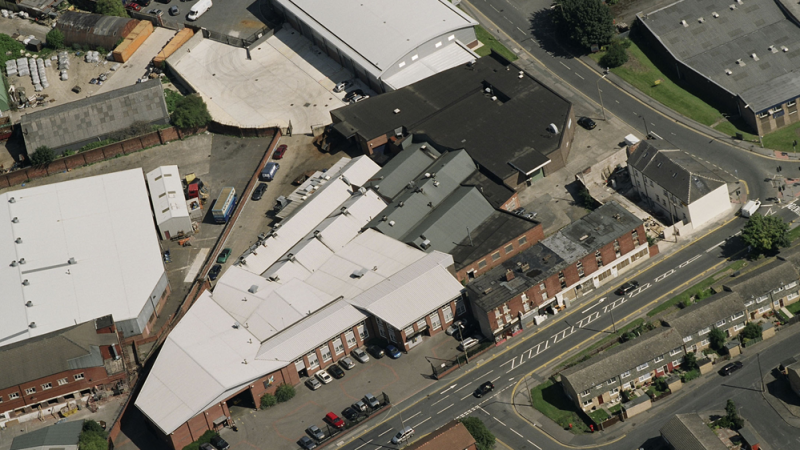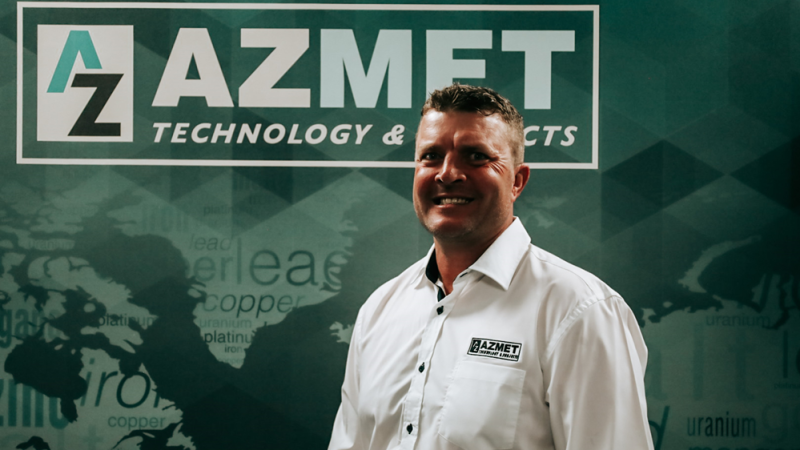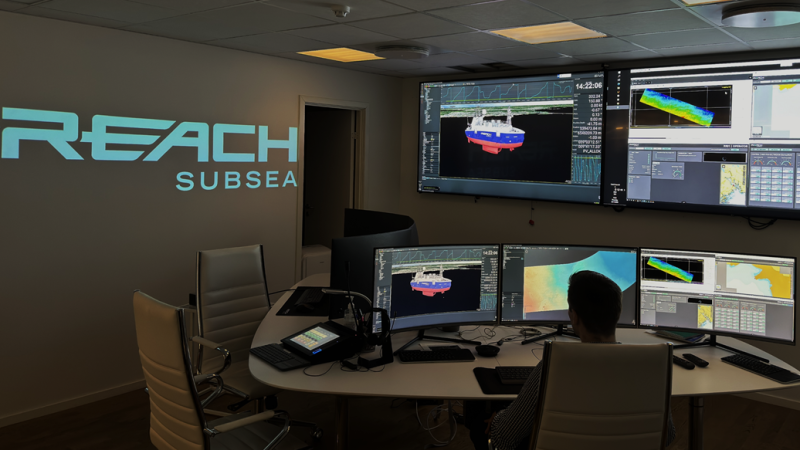RS PRO is a business within the RS Group Plc, focused on designing, testing, and creating product solutions in line with the needs of its industrial customers. RS PRO serves 380,000 industrial customers across 32 markets and holds 88,000 products across multiple markets. It has a broad range of products serving varied customers’ needs.
“We have been designing and testing engineering products since 1937. Our heritage has always been to create high-quality products that solve engineering challenges,” says Jerry Abraham, President of RS PRO. “We sell products across multiple categories. This enables us to create product solutions across different areas, such as energy efficiency solutions or water and waste management solutions, etc.”
Changing Course
It is a company that Abraham is extremely proud to be part of, and one that has always had a great reputation for its service and quality products.
“In my early days at RS PRO, I remember talking to a retired engineer” Abraham recollects. “He asked if we still manufactured in Corby and said the quality of the products in the 80s was so good and that he remembered buying them to drive his engineering requirements.”
However, while the company had a strong reputation, in recent times it had become tarnished.
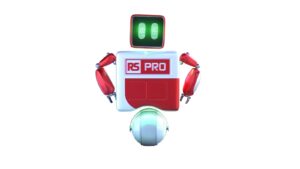 “He also mentioned the quality of the products had dipped- and we could see that. We could see it impacting our sales,” Abraham admits.
“He also mentioned the quality of the products had dipped- and we could see that. We could see it impacting our sales,” Abraham admits.
Abraham and his team were quick to diagnose the cause of the issues.
“We were too internally focused as a business, creating multiple brands with low brand equity, causing confusion for customers and ultimately costing brand loyalty,” Abraham says. “We were thinking more like a retailer than an engineering company, which is where the heart of the business has always been. We lost customers who were loyal to us because they wanted high-quality engineering products.”
It was clear that RS needed to change the way it managed its own brand, and Abraham was convinced he knew what route the company needed to take.
“The first thing we decided to do was to become more customer-centric. We began thinking like a manufacturer – designing and testing products with customers in mind,” Abraham says. “We consolidated multiple brands into RS PRO, built design and testing lab capabilities in UK and Asia, shifted our product introductions to engineering solution launches, and encouraged the team to constantly learn, develop and drive innovation. We reduced costs where possible, prioritised key initiatives and canned the rest.”
Attitude Adjustment
“Being internally focused meant we took on too many different projects for short-term gains which drained the energy of the team and we shifted away from our core strengths,” Abraham mentions. “Our focus on people had to change to drive up staff morale, we embraced having fun and a growth mindset. Testing and learning became part of our ethos. A relentless focus on people and quality has allowed us to double our revenue in the last five years.”
That focus on people remains the core of RS PRO’s strategy, not just picking the best person for the job, but the best person for the team.
“When I joined the business, the best advice I received was to recruit on attitude instead of aptitude,” Abraham recalls. “We make our decision on people based on who is the right fit for the team – positive attitude and mental agility are preferred over the length of experience.”
Abraham was also keen to transform the culture of the company, shifting away from a “blame” culture that had swept in.
“Now we consider any failure as something to learn from, which has become one of the key reasons for our success. We worry less about failure but focus on what we can learn from that experience,” Abraham says.
It is a strategy that has already paid off according to Abraham.
“We realised quickly as we were building the leadership team that we needed a team with the right behaviours that prioritised the company first over any personal agenda,” he says. “It meant we could take risks and were more willing to try new things and learn. We now have a strong team dynamic with a single focus.”
That approach, combined with RS PRO’s portfolio of 88,000 products gives the company a powerful toolbox to build new solutions.
“We have strong engineers who are experts across multiple products and whose expertise is invaluable in solving customers’ problems,” Abraham says. “We encourage engineers to take time, enjoy creating solutions, and learn through the process of constantly trying new things using the breadth of products.”
The result is a strong engineering forum, with the team coming together and working on alternative solutions until they find an end-to-end result for the customer. For Abraham, this is only the beginning.
“We want to apply our engineering DNA to the future of industrial retail, providing sustainable engineering solutions. As we expand our range of products, we will be able to be more agile to solve customers’ problems,” Abraham says.
The trick is not to look for the solution everyone else is looking for, but to look for the solution everyone else is going to be looking for.
“In the energy crisis we are facing today, we created a solar power solution. When Covid hit, there was a huge demand for masks, but we as a business challenged ourselves to think what’s next – what would happen in seven to eight months once the demand for masks slowed down,” Abraham remembers. “Businesses would have to re-open, and it would take a lot to get a business functioning again. We started creating solutions around protective measures to facilitate a safe environment for people to come back to work. Rather than following the immediate problem everyone was chasing, we looked ahead – for when everything would reopen.”
RS PRO’s engineering DNA will help to keep it agile as the company creates more sustainable engineering solutions.
“We want our products to be sustainable because not only is it close to our beliefs but also our customers’ demands are changing, we have to make sure that our products help them achieve their ESG goals as well,” Abraham says. “We want to constantly pivot using the breadth of our solutions, range and experience.”
